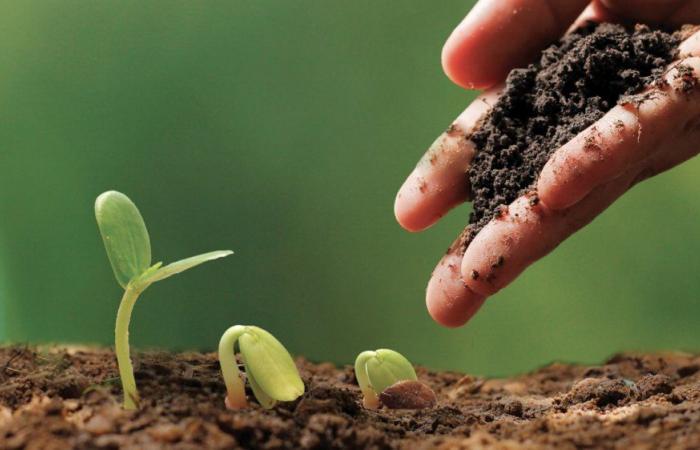Despite the advances made in the agricultural sectorthanks in particular to Green Morocco Plan and to the Generation Green Strategythe Morocco remains dependent on good weather and disruptions to international supply chains, says Najib Layachiagri-food expert.
Recurrent droughts and degradation of agricultural land indeed lead to increased dependence on imports of essential foodstuffs, such as wheat and the vegetable oilsthereby compromising the national food securityhe explains on the sidelines of a national seminar recently organized by the Atlas Forum for Sustainable Agricultural and Rural Development (FADARD) on the theme “The contours of food sovereignty in Morocco in the face of climate change and the upheaval of the international market.
An economic context facing several multidimensional challenges
The same expert notes that imports have strongly accentuated Morocco’s economic vulnerability to external shocks in 2023, raising questions about Morocco’s capacity to guarantee a self-sufficiency sustainable. THE agri-food sectora major player in economic growth, represented 16% of gross domestic product and 19% of total exports in 2023. With 67% of rural jobsand 36% of all jobs, including 30% in theprimary agriculture and 6% in the agri-food sector, the agri-food sector continues to maintain itself as an essential player in the world of employment.
From there, the Agri-food Systems Transformation Program aims to promote climate-smart agricultural practices and improve the water management and soils, underlines Mr. Layachi, adding that the current strategy, focused on the export of agricultural products, in particular fruits et vegetablesrequires a debate, because it is likely to accentuate the water stressaccording to observers. “This strategy does not necessarily meet the needs of Moroccan consumerswho suffer the effects ofinflation and aspire to accessible, quality food,” says Mr. Layachi.
Identify the issues of food sovereignty
Not amounting to simple self-sufficiency, food sovereignty implies a global vision and good national control over agricultural resources and policies. An approach which must also meet the food and nutritional needs of citizens through better management of water resourcesrecommends this specialist. Likewise, the adoption of adapted agricultural techniques, such as conservation agriculture and drought-resistant crops, will enable lasting resilience in the face of climate change, advocates Najib Layachiemphasizing the interest in encouraging local processing of agricultural products with a view to reducing dependence on imports while creating added value on the national territory, to ensure the development of local value chains.
Along the same lines, investing in alternative sectors, such as legumes and strategic crops will allow a diversification of food sources with the aim of guaranteeing a varied and accessible food offer, he adds. To guarantee resilient food sovereignty, M Layachi emphasizes the importance of encouragingtechnological innovation. Facilitating access to funding and research will also support farmersparticularly small farmers, to enable them to evolve towards more sustainable practices, he explains.






